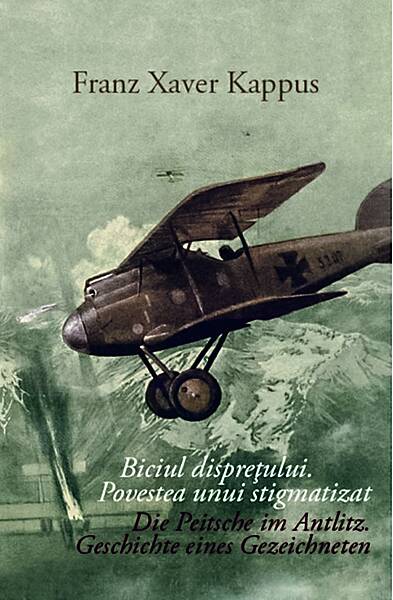


Instead of thinking of them as painful moments that pass by us, Rilke thought it more accurate to believe that they pass right through us. Rilke urges the young man to look again at his sufferings. Rilke, 1904, Letter 8 Presumably upon receiving some word from Kappus on the topic, Rilke addresses sadness. “Why do you want to shut out of your life any uneasiness, any misery, any depression, since after all you don’t know what work these conditions are doing inside you?” Cover of the 1934 edition of Letters to a Young Poet Letter No. A few years after Rilke’s death in 1926, his correspondent, Franz Xaver Kappus, complied and published 10 of his letters in a collection called ‘Letters to a Young Poet’. Their correspondence quickly moved past critiquing poetry, and continued back and forth until 1908. In February, 1903, he received a letter back. He thought he would write to Rilke and ask him to critique his poetry and for advice with his dilemma. The young cadet was himself conflicted between pursuing a career in writing or a career in the military. To his surprise, he found out that Rilke himself used to attend military education, but did not complete it. In late 1902, a 19-year-old officer cadet lay reading the poetry of Rainer Maria Rilke, in Theresian Military Academy. “If only it were possible for us to see farther than our knowledge reaches, and even a little beyond the outworks of our presentiment, perhaps we would bear our sadness with greater trust than we have in our joys.” Rainer Maria Rilke, 1904, Letter 8


 0 kommentar(er)
0 kommentar(er)
